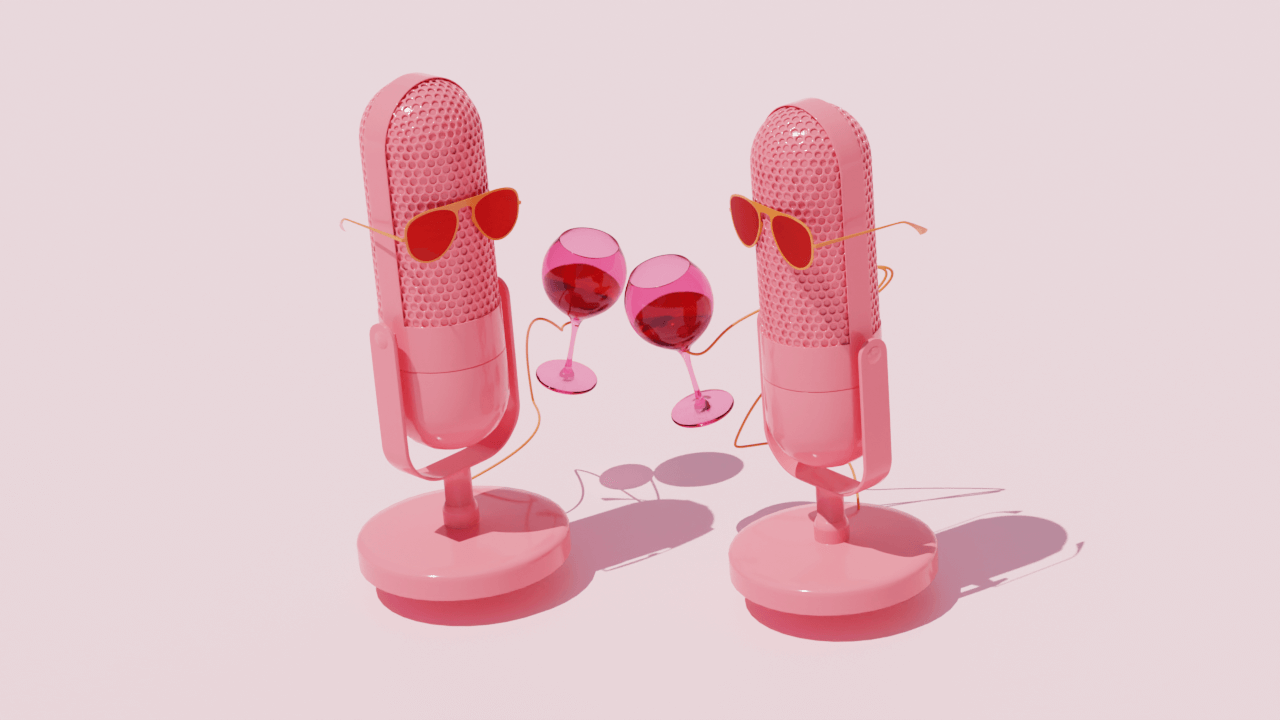It’s been a year since we surveyed creators about their attitudes about AI’s role in the creative process. We were surprised to learn that despite the early state of these tools and their rudimentary abilities, creators were already using AI not only to make more content, faster, but also to help them be more creative.
📊 Read the whole survey: Creator trends: How AI is impacting content creation
In the months since then we’ve published an extensive, exhaustive set of articles — nearly all written by the indomitable Brianna Brownell—on how to make the best use of AI in your creative workflow. The value in most of those articles lies in the hacks—tips and tricks for getting these often-confused, sometimes-unhinged AI tools to do what you want. Here’s just a sample:
- 10 ChatGPT mistakes you're making and how to fix them
- 3 ways to get ChatGPT to write like you
- 5 advanced prompts to get better answers from ChatGPT
- How to use (and not use) AI: Lessons from Harvard Business School
- Is the AI tool the problem, or is it your prompt? 6 questions to ask
- The 11 best ChatGPT prompts for better results, according to research
- The best prompt for AI brainstorming, according to a study
- 5 prompts for making ChatGPT more accurate
If you were to read that full body of work in a single sitting, one of the things you’d likely take away is that, as a creative force, AI is pretty useless.
To be sure, these tools have come an incredible distance since they first fell to earth a few years ago, but they’re still a long way from creating the kind of stuff we humans can produce—stuff that reinterprets a universal experience, expresses a strong point of view, or makes us see our place in the world differently. AI can’t do any of that. In fact, more than a year after generative AI hit the scene, without skilled human guidance it still can’t produce anything better than generic slop.
And frankly, that’s just fine. We’ve never heard of a creator asking for an AI tool that can create fully formed art from scratch. Most of us want tools to speed up the process and do the stuff we find tedious or just don’t want to do, so we have more time to be creative, as humans.
AI as creative intern
Where we think AI has the highest value is as a sort of creative assistant or co-editor—a versatile, highly skilled, book-smart intern that can work at the speed of light. They’re not great at doing the whole project on their own, but they’re great for brainstorming and listening to your murky, half-formed ideas so you can make them better.
Or maybe they’re a pretty decent writer who can turn your bullet points into a clear, cohesive paragraph—or an audio engineer who knows exactly which dials to tweak to make your recording sound just right. AI’s role in the creative process will be different for everyone because each of us will want to use it where we fall short, either because we haven’t developed those skills or we just don’t like doing certain tasks.
For example, I love the process of putting together a podcast episode. I love interviewing and writing a script and assembling all the pieces into a coherent, gripping story that makes people stop in their driveways. I even like doing the mixing and sound design. But boy, do I hate all the stuff that happens after I hit “upload.” I don’t like writing show notes, I don’t like writing social media posts, I don’t even like emailing guests to tell them their episode is live.
For me, AI is my marketing intern. It remembers everything I covered in a podcast episode and, with some guidance, can write that up in a thorough paragraph that matches my writing tone so I can paste it into the show notes. It knows how to write an Instagram caption that gets people to follow the show. I still have to email guests myself, but after bypassing all the other mental hurdles of publishing a podcast episode with my AI sidekick, it’s an easier pill to swallow.
But different podcasters have different strengths and favorites. I once asked podcasters on Threads which task they’d never want to outsource, and the answers were all over the place. Some were like me and loved the writing most, but others said producing and setting up workflows, researching, or sound design were the parts they’d never give up.

|
“Writing is an exponentially heavier lift for me than editing and mixing,” said Marcus dePaula.
“You’re going to think I’m nuts, but I like guest sourcing and management,” said Erin Ollila, knowing that’s one of my least favorite parts.
This is the beauty of AI—it can take our least pleasurable tasks off of our plates so we’ve got time for the stuff that brings us joy.
The tool we envision
There are AI tools for almost every podcast task I mentioned, and many more for video editing, design, and other types of writing. A lot are standalone, subscription-based tools that can start to overwhelm your process when you use too many.
But many of them are already in Descript: we’ve got tools to edit your podcast or video for clarity, fix up your sound, change your background, find your best social media clips, write your show notes, even compose blog posts. It’s a lot easier than copying your transcript, pasting it into ChatGPT or wherever, then making a return copy-paste trip when you get what you need.
We think the best AI intern is one that can help in any way you want it to, and is only a click away from completing that task you admittedly suck at. It won’t replace you, the human, in the creative process—and it shouldn’t. Nobody wants that. It’s just a hidden superpower that can help you create your best work faster, more easily, and with a little more joy.
































